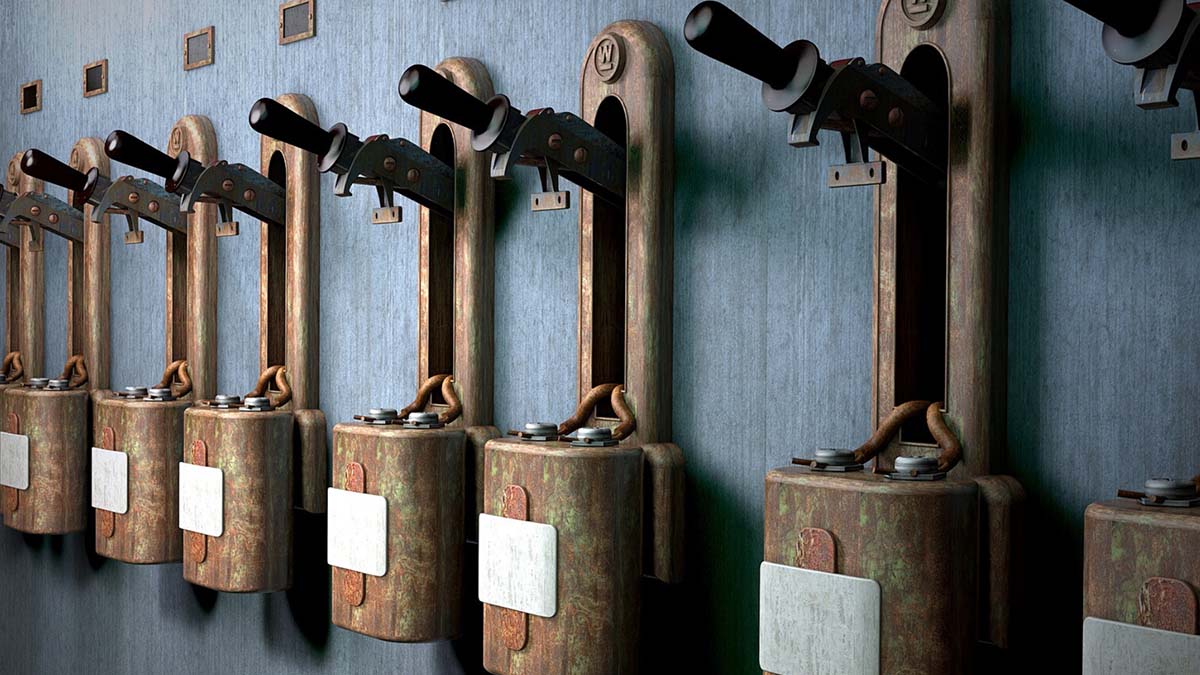
One of the main reasons that being an active investor in commercial real estate can be more appealing than being an investor in other asset classes is the seven essential levers of control you have as an active investor in commercial real estate.
As a quick reminder, when investing in commercial real estate, you can be an active or a passive investor. The seven essential levers of control apply solely to active investors.
The seven essential levers of control in commercial real estate investing are unique to active investors in commercial real estate investing for two reasons:
- They build upon the unique advantages of commercial real estate investing that other asset classes don’t have.
- They require active decision-making control over the asset itself (something passive real estate investors don’t have).
What Are the Seven Essential Levers of Control in Commercial Real Estate Investing?
The seven essential levers of control in commercial real estate investing are:
- Revenue
- Expenses
- Timeline
- Financing
- Property Management
- Insurance
Let’s look at each one individually.
1. Revenue
Increasing the value of a commercial real estate property is all about increasing the Net Operating Income. When you are an active investor, you can take specific actions to increase the revenue of a property.
For example, you can make improvements to the property that allow you to increase rent to market value. Doing this helps you dictate how much your property brings in each month. Yes, there are limitations to this depending on the building and market conditions, but you have control within the local market range to make changes that will generate better revenue.
Another way to increase your revenue is to add additional lines of income to the property. For example, if you acquire a multifamily property that doesn’t have laundry, you can add laundry machines in a common area that all tenants can utilize. This will likely increase your monthly revenue and bolster your Net Operating Income (NOI).
2. Expenses
On the flip side of revenue, you have expenses. Since you’re in control of the property’s operations as an active investor, you can cut expenses on a monthly and annual basis to increase your NOI further.
Sometimes you can cut costs by switching vendors for certain services (such as landscaping), or you can cut outdated amenities that your tenants aren’t using. Another way to cut expenses is to make a one-time investment in updating a system that will save you significant monthly costs (e.g. a boiler system if you are covering the heat of common areas).
The more you can cut your expenses without sacrificing the tenant experience, the more you will improve the NOI and the value of the property.
3. Timeline
In other types of investing, such as a Certificate of Deposit (CD), you may be locked into a specific term. During this time, you can’t access the money you have invested until the term is complete.
Stocks and bonds are more liquid because you can quickly sell your shares of the company, but you never have the ability to sell the asset (the company) itself.
When you are an active real estate investor, you can sell the asset itself whenever you need or want. Additionally, if you don’t want to sell, but you notice a shift in the market in regards to interest rates you can refinance the property to get better terms. Finally, you can also do a cash-out refinance to purchase another investment property with equity you own in an existing property.
This is a powerful lever of control because you determine how long you hold the asset and how you utilize equity within the asset. These types of timeline options are not available to you in other forms of investments.
4. Financing
Building off what we just spoke about regarding the timeline of a property, you are also the one who arranges financing for your property as an active investor.
The financing of a property can often make or break a deal. It can also turn a good deal into a great deal. Because of this, it’s very important to shop around for your financing and get the best terms you can at the time. If the market shifts a couple of years after you purchase the property and better financing terms are available, you can refinance.
If traditional financing doesn’t work for a particular deal, you can also seek alternative types of debt, such as private money or seller financing in some situations. All this to say, you control how the debt is structured and its terms. By getting creative, you can make a lot work in your favor. These types of financing options are often not available to you in other types of asset classes.
5. Property Management
As an active investor, you control how the property is managed.
You don’t have to manage it yourself (and you probably shouldn’t unless this is your area of expertise), so you can interview and hire a property management company that operates the property up to your standards. If they don’t meet your standards, you can fire them and hire a different company to manage your property.
Over time, if you continually invest in the same area, you also have the opportunity to create your own property management company. This empowers you to leverage scale in your favor because you can create consistency regarding how your properties are managed across all of your properties in that area. You also open an additional revenue stream to yourself.
6. Insurance
Different properties have different types of inherent risk. Shopping around and selecting the appropriate type of insurance to cover those risks is something you can do as the property owner to protect yourself and further set yourself up for success.
Similar to the financing of your property, you control what type of insurance you have, what levers of coverage you have, and how long you stick with a single provider before working to negotiate better terms with that provider or another provider.
7. Lease
As an active investor, you also control the terms of the lease that you sign with your tenant(s).
Commercial real estate has a variety of common lease structures (such as a Triple Net Lease) that you can select from as a guide, but ultimately you can adjust the specific terms within the lease to best fit your and your tenants’ needs.
This gives you a great deal of control in regards to how the tenant can use the property, how to control your costs, how to protect your asset, and more.
Summary of the Seven Essential Levers of Control in Commercial Real Estate Investing
The seven essential levers of control provide you with more decision-making power and clear actions that you can take as an active investor in commercial real estate that you typically don’t have when you invest in other asset classes. The seven essential levers come with active commercial real estate investing by default, which makes active commercial real estate investing more hands-on by nature, but the additional work is often worth it once you learn how to control these levers in your favor.



